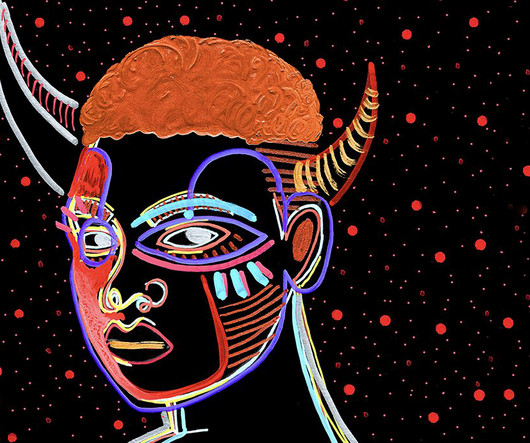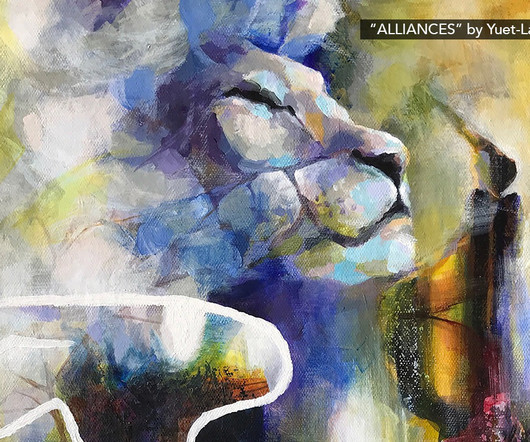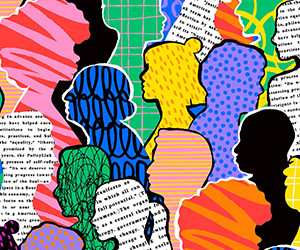Beyond Karen: White Woman Archetypes in the Third Sector
NonProfit Quarterly
MAY 9, 2024
14 He posited that there are universal patterns expressed in images and present in the collective unconscious of all humans across all cultures. She marries a person of color and has kids of color, yet she imagines she lives in a world that can be or should be race-ignorant. 15 These images are referred to as archetypes.










Let's personalize your content